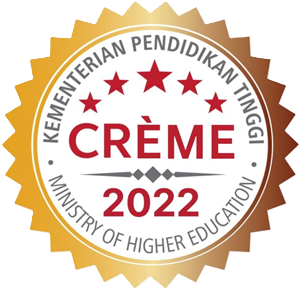EXPLORING POTENTIAL PHYTOCHEMICAL INHIBITORS OF SARS-COV-2 MAIN PROTEASE (3CLPRO) FROM MALAYSIAN PLANTS: A MOLECULAR DOCKING STUDY
DOI:
https://doi.org/10.26525/jtfs2025.37S.SI.48Keywords:
COVID-19, 3CLpro, molecular docking, medicinal plants, phytochemicalsAbstract
The COVID-19 pandemic, caused by SARS-CoV-2, has created a global health crisis. The 3-chymotrypsin-like protease (3CLpro), essential for viral replication, is a key therapeutic target. This study aimed to screen 42 Malaysian medicinal plants, containing over 250 bioactive compounds, for their inhibitory potential against SARSCoV- 2 3CLpro using in silico methods. Among these, 11 compounds—lensoside Aβ (Lens culinaris), persicoside D (Allium ampeloprasum), 2’’,2’’’-di-O-α-rhamnopyranosyl vicenin II (Beta vulgaris), quercetin-7-O-rutinoside (Asplenium nidus), officinoterpenoside E (Solanum melongena), basilmoside (Ocimum basilicum), apigenin 7-O-β- D-apiofuranosyl glucopyranoside (Apium graveolens), racemosol and stigmasta-7,22-dien-3β,4β-diol (Lagenaria siceraria), α-hederine (Nigella sativa), and inermidioic acid (Lawsonia inermis)—demonstrated stronger binding affinities than the reference inhibitor N3. Molecular interaction analysis showed these compounds formed stable interactions with key 3CLpro residues, indicating their potential as lead molecules for drug development. Additionally, the corresponding plants could serve as natural sources of alternative COVID-19 therapies. These findings warrant further experimental validation to explore their therapeutic potential against SARS-CoV-2.









